The Story⚡
Nollywood’s billion-dollar boom hides a heated debate: chase smart, sophisticated stories for educated viewers or keep it simple for the masses packing theaters? In Episode 4, film critic Eniola Tito, filmmaker Chidinma “Didi Stories” Igbokweuche, and storyteller AA Presley dissect this divide, exposing funding woes, training gaps, and why global platforms like Netflix are ghosting Nigeria’s cinema scene.
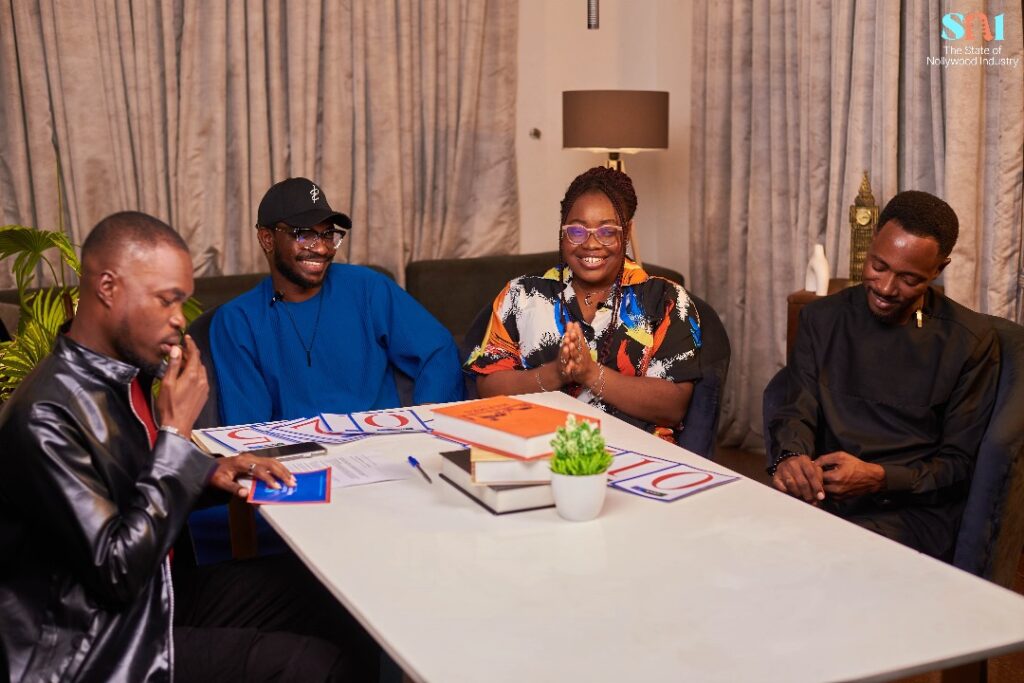
Tell Me More
Nollywood, Nigeria’s thriving film industry, is plagued by a fundamental rift: who is the real audience? In Episode 4 of State of Nollywood Industry Table Talk, hosted by Nigerian film business journalist Akintunde Damilare, three insiders—film reviewer Eniola Tito, director Chidinma “Didi Stories” Igbokweuche, and media consultant AA Presley—tackle this question head-on. Should filmmakers prioritize educated audiences or cater to mass market viewers? Their candid chat reveals deep-seated challenges that go beyond the screen.
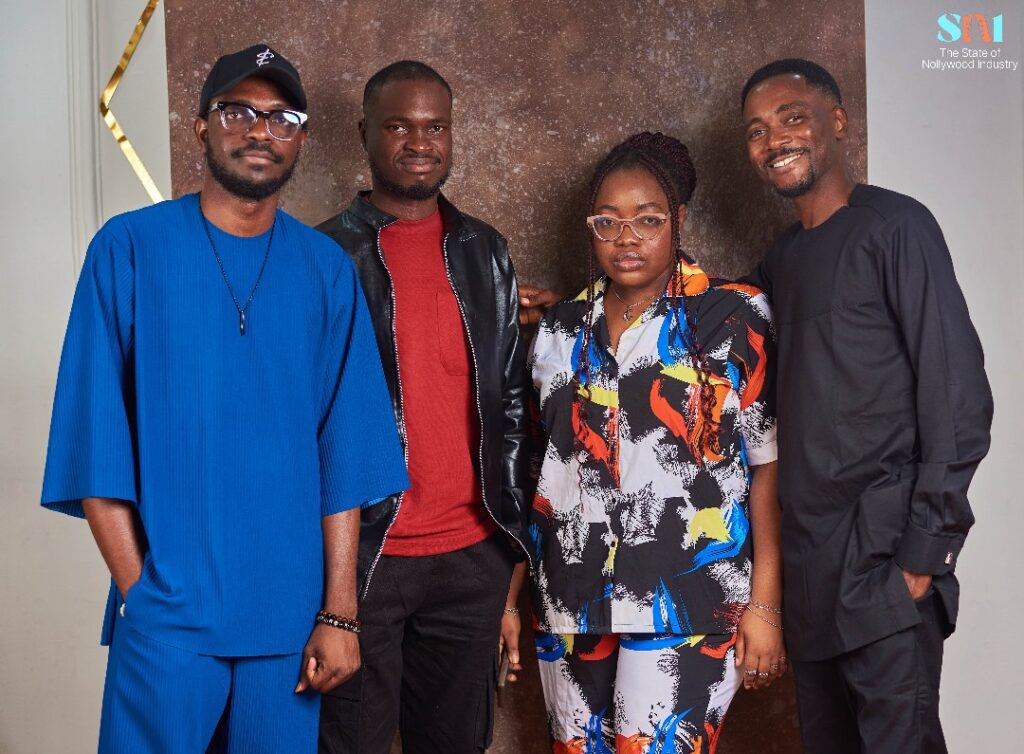
Educated Nigerians often skip local cinemas, opting for international fare, while mass market crowds fill seats for relatable, straightforward stories. Tito, known for her Jolof rating system, explains why: “Films can’t be too smart” if they want to appeal to a broad audience. This “dumbing down” reality shapes productions, forcing creators to balance artistic ambition with commercial viability. Presley adds that class divides in attendance mean highbrow narratives risk empty theaters, while mass-appeal films rake in the naira.
Young filmmakers like Igbokweuche, currently in post-production on her drama series To Love and to Hold, highlight a harsh truth—most depend on family and friends for funding rather than bank loans. Banks see Nollywood as too risky, leaving creators bootstrapping with personal networks. This informal system stifles growth, as Presley notes, comparing it unfavorably to structured industries elsewhere.
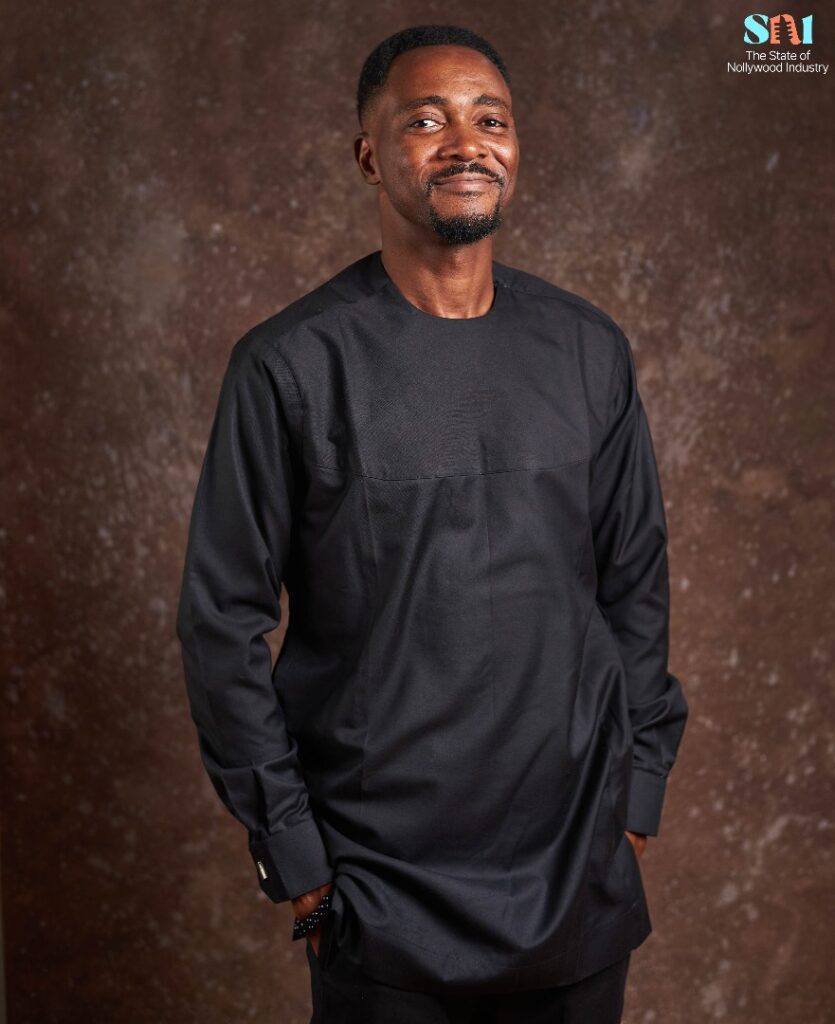
The exit of Netflix Originals from Nollywood deals has dimmed the industry’s international spotlight. Tito points out how this pullback reduces global exposure, making it harder for Nigerian stories to break out. Once a gateway to worldwide audiences, streaming’s retreat leaves filmmakers scrambling for alternatives.
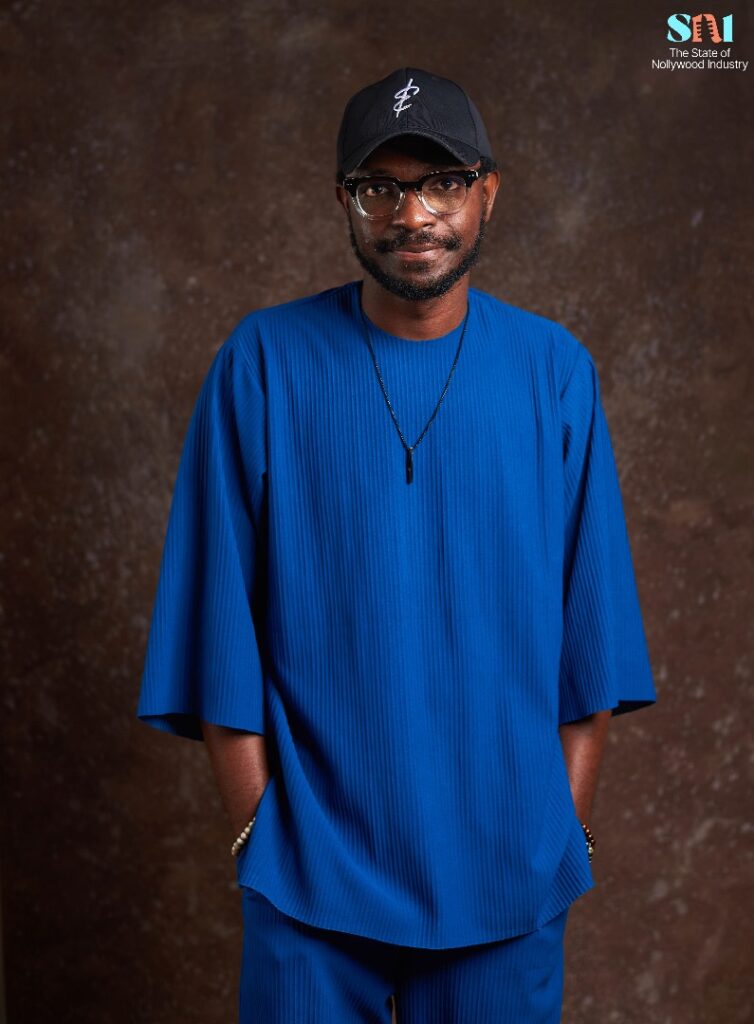
Despite Nollywood’s success, Nigerian universities offer no dedicated film degree programs, a glaring oversight that hampers professional development. Igbokweuche laments this, saying it leaves aspiring directors self-taught or reliant on workshops. Even with improving access to film equipment, storytelling quality hasn’t kept pace—Presley argues that gear alone doesn’t fix narrative weaknesses rooted in limited formal education.
The insiders draw stark comparisons to South Korea’s cinema sector, where robust government backing fuels global hits. In Nigeria, the support gap is evident, characterized by minimal grants, weak policies, and limited investment in infrastructure. Tito emphasizes how this leaves Nollywood punching below its weight, despite its cultural and economic potential.

Nollywood’s audience debate exposes cracks in funding, training, and global reach that could redefine its future. Tito, Igbokweuche, and Presley lay it all out, challenging filmmakers to bridge the divide.
Watch Full Episode Now
In Summary
Stay tuned for Episode 5 of State of Nollywood Industry Table Talk on Shock Africa, where more industry insiders dive into additional hot topics. Don’t miss the ongoing revelations!
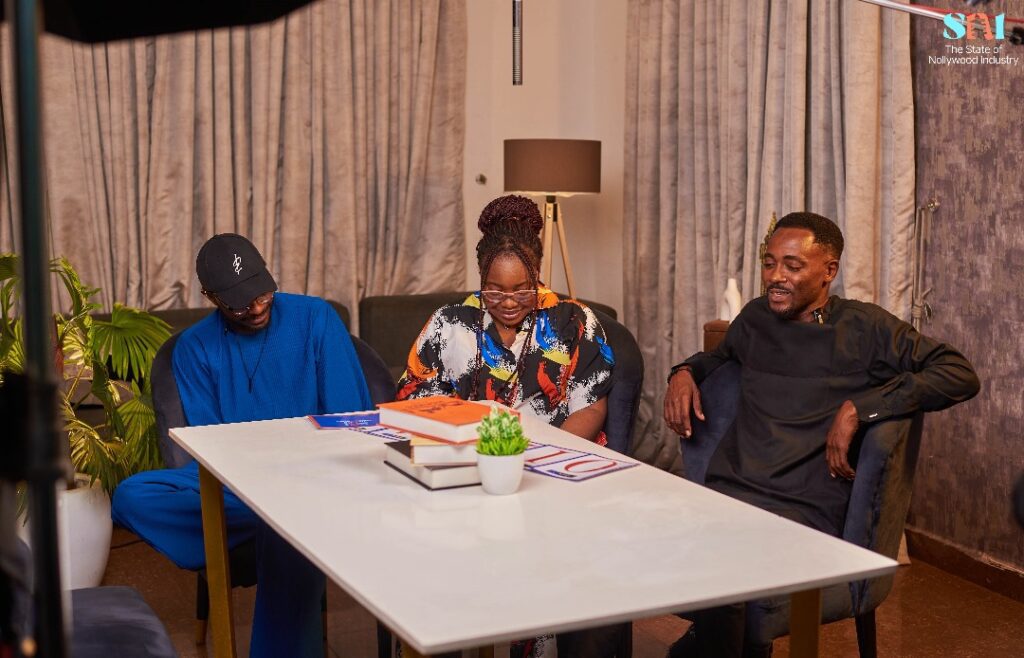
Thanks for Reading.
Shockng.com covers the big creators and players in the African film/TV industry and how they do business.
Let’s be friends on Instagram @Shockafrica
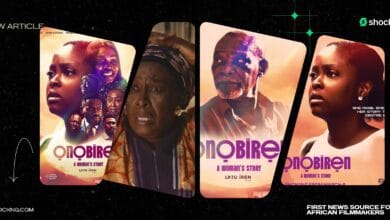



One Comment